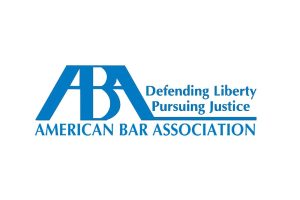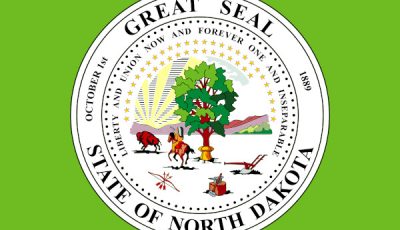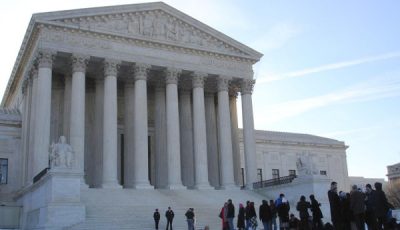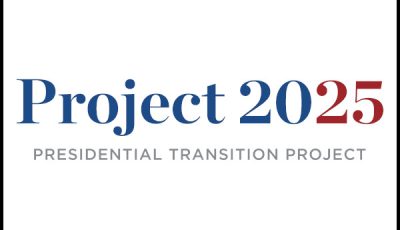ABA Urges Court to Endorse “Application Approach” in Copyright Cases
 WASHINGTON – In an amicus curiae brief filed Tuesday, the American Bar Association urged the U.S. Supreme Court to settle a split between judicial circuits by endorsing what the ABA called an “application approach” to enforcing copyright claims.
WASHINGTON – In an amicus curiae brief filed Tuesday, the American Bar Association urged the U.S. Supreme Court to settle a split between judicial circuits by endorsing what the ABA called an “application approach” to enforcing copyright claims.
The ABA’s brief was filed in the case Fourth Estate Public Benefit Corp. v. Wall-Street.com, a copyright case which the Supreme Court in June agreed to hear in its upcoming term.
As YNOT previously reported, Fourth Estate is a news organization which produces online news articles. The company licenses its articles to various websites but retains the copyright to the articles. Wall-Street.com licensed articles from Fourth Estate under a license agreement which required Wall-Street to remove all content produced by Fourth Estate from its website, in the event Wall-Street cancelled its Fourth Estate account.
Wall-Street continued to display the articles after cancelling its Fourth Estate account, however, leading Fourth Estate to file a copyright infringement complaint against Wall-Street and its owner, Jerrold Burden. As noted by the district court, “the complaint did not allege that the Register of Copyrights had yet acted on the application.”
The district court dismissed Fourth Estate’s complaint, holding that the Copyright Act “permits a suit for copyright infringement only after the Register of Copyrights approves or denies an application to register a copyright.”
The 11th Circuit Court of Appeals then upheld the district court’s ruling, holding that “filing an application does not amount to registration.”
In its brief, the ABA argues the “certificate approach” endorsed by the lower courts essentially grants a power to the copyright office which it does not have under the Copyright Act. In the ABA’s analysis, the application approach “better reflects the text of the Copyright Act.”
“This ‘certificate approach’ to the term ‘registration’ in the Registration and Civil Infringement Actions provision of the Copyright Act…. denies access to the courts in a manner inconsistent with the overall structure and nature of the Copyright Act,” the ABA wrote in its brief. “By contrast, the ‘application approach’ – which merely requires a copyright holder to submit a complete set of registration materials (i.e., an application, deposit copy, and registration fee) to the Copyright Office – is more consistent with the text of Subsection 411(a), the text of neighboring Copyright Act provisions, the purposes of the Copyright Act, and the overall copyright system.”
The ABA also argued that the application approach is “particularly important to copyright practitioners who submit copyright registrations and counsel clients on the meaning of the Copyright Office’s review” and drew a major distinction between copyright and other areas of intellectual property law which are dependent on a grant of official approval by the government.
“In sharp contrast to patent law – where no rights exist until and unless a patent is formally issued – under copyright law, a copyright exists at the moment an original work is ‘fixed’ in a ‘tangible medium of expression,’ regardless of any action by the Copyright Office,” the ABA noted in its brief. “In addition, unlike in patent law, the Copyright Office’s refusal to issue a certificate of registration for a work has no preclusive effect on the district court, which reviews copyrightability de novo.”
Further, the ABA noted, because copyrights exist regardless of whether the work they apply to has been registered, and the “Copyright Office’s position on copyrightability is not binding on the courts, it does not make sense and would be an abrupt departure for copyright practitioners from the normal operation of copyright law to interpret Subsection 411(a) as requiring receipt of a final decision from the Copyright Office before a lawsuit can be commenced.”
The ABA’s brief can be read in full here. It’s not yet clear when the Supreme Court will hear Fourth Estate Public Benefit Corp. v. Wall-Street.com, as the case has not yet been set for argument in the court’s upcoming term.













